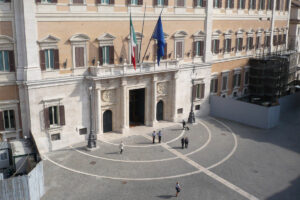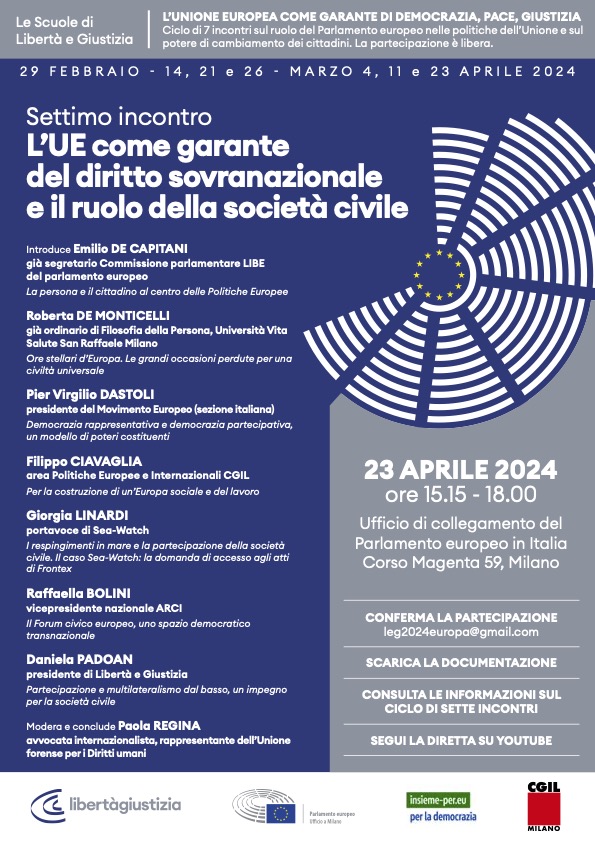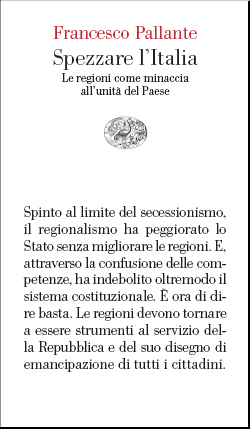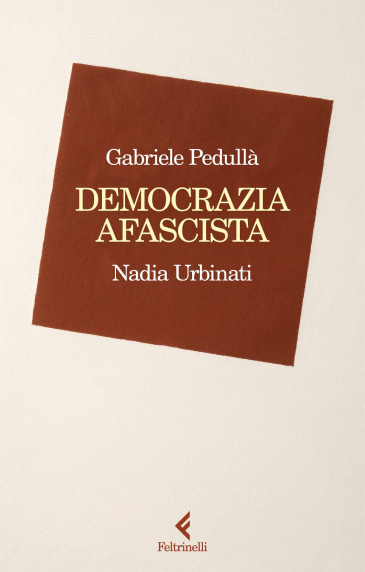On the second floor of the plaza hotel, in a gaudy meeting room with lots of gold-painted wall filigree and faux-Baroque details, about 400 representatives of the Anti-Defamation League from around the country gathered one recent morning for the group’s 90th-anniversary conference.
As they settled in for a sober two-day program reflecting the grim situation Jews find themselves in (speakers included John Ashcroft, Thomas Friedman, and Israel’s ambassador to the U.N.), ADL national director Abraham Foxman rose to give the opening address.
Foxman, a professional noodge who has been sounding the alarm for more than three decades whenever he senses the slightest whiff of anti-Semitism—his new book is Never Again? The Threat of the New Anti-Semitism—began slowly, talking in an almost melancholy tone about his grandchildren and the uncertain future they face as Jews. But Foxman, who was sheltered during the Holocaust by his Christian nanny, quickly gained momentum and urgency, cataloguing stark examples of what he called “the world’s growing crescendo of irrationality.”
He invoked the shattered glass of Kristallnacht and mentioned Hitler several times, allusions that surely found their target with the mostly middle-aged-and-older crowd. As he has been doing for more than a year now, he described the threat to the safety and security of the Jewish people as being “as great, if not greater, than what we faced in the thirties.”
It was Foxman at his best: passionate, indignant, and connecting naturally with other Jews.
His fears are their fears. His hopes for the future are their hopes. The speech clearly resonated with the audience.
But there was one small problem. The centerpiece of the speech, its theme, was misleading. There’s no question these are troubled times. But the notion that Jews in 2003 ought to use the Holocaust as a kind of lens to help them see their current predicament more clearly is, to say the least, problematic. The analogy no longer holds.
“Comparing what’s going on today to the thirties is both wrong and dangerous,” says Alan Dershowitz, who also has a new book, The Case for Israel, which is practically a point-by-point guide for responding to the Jewish state’s critics. “The old labels don’t apply, and the old diagnoses don’t address the problem. They substitute emotion for reason, and we can’t win this war with emotion. We need to look forward. We need to start thinking about the 2030s, not the 1930s.”
The war to which Dershowitz is referring is the global explosion of hate and hostility directed at Israel and at Jews themselves. For the past eighteen months or so, members of the Jewish community—intellectuals, activists, heads of various organizations, and laypeople—have been struggling desperately to find an effective strategy to address the new reality.
It’s been slow going. “The organized Jewish community has just not reacted strongly enough,” says Morton Klein, head of the Zionist Organization of America.
Part of the reason for this is that they are facing a new problem, an enemy they haven’t seen before.
The stunning result of the burgeoning anti-Israel, anti-Zionist emotion is a kind of politically correct anti-Semitism. Foxman’s analogy to the thirties is right in this respect: It is once again acceptable in polite society, particularly among people with left-of-center political views, to freely express anti-Jewish feelings. What only two or three years ago would have been considered hateful, naked bigotry is now a legitimate political position.
The new p.c. anti-Semitism mixes traditional blame-the-Jews boilerplate with a fevered opposition to Israel. In this worldview, the “Zionist entity” has no legitimacy and as a result no right to do what other nations do, like protect itself and its citizens. It is true that immediately labeling someone anti-Semitic because he criticizes Israel is a long-standing, often bogus tactic that has been used by Jews to stymie debate. The new anti-Semitism, however, is in some sense the inverse problem, with criticism of Israel being a kind of Trojan horse in which age-old anti-Semitic feelings are concealed.
“Israel has become the Jew among nations,” says Mort Zuckerman, who in addition to his media holdings is the former chairman of the Council of Presidents of Major American Jewish Organizations. “It is both the surrogate—the respectable way of expressing anti-Semitism—and the collective Jew.”…
Difendiamo la Costituzione, i diritti e la democrazia, puoi unirti a noi, basta un piccolo contributo





